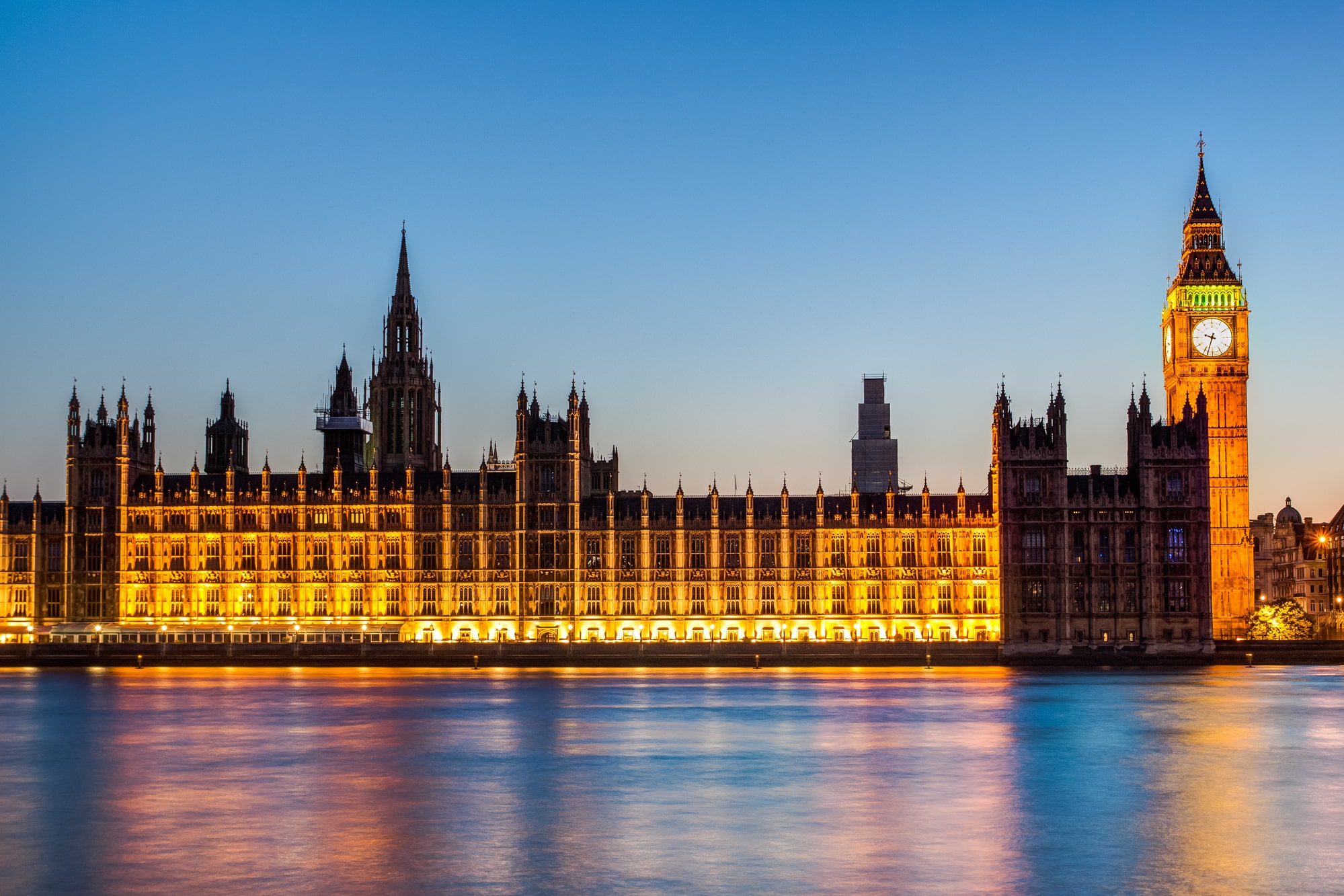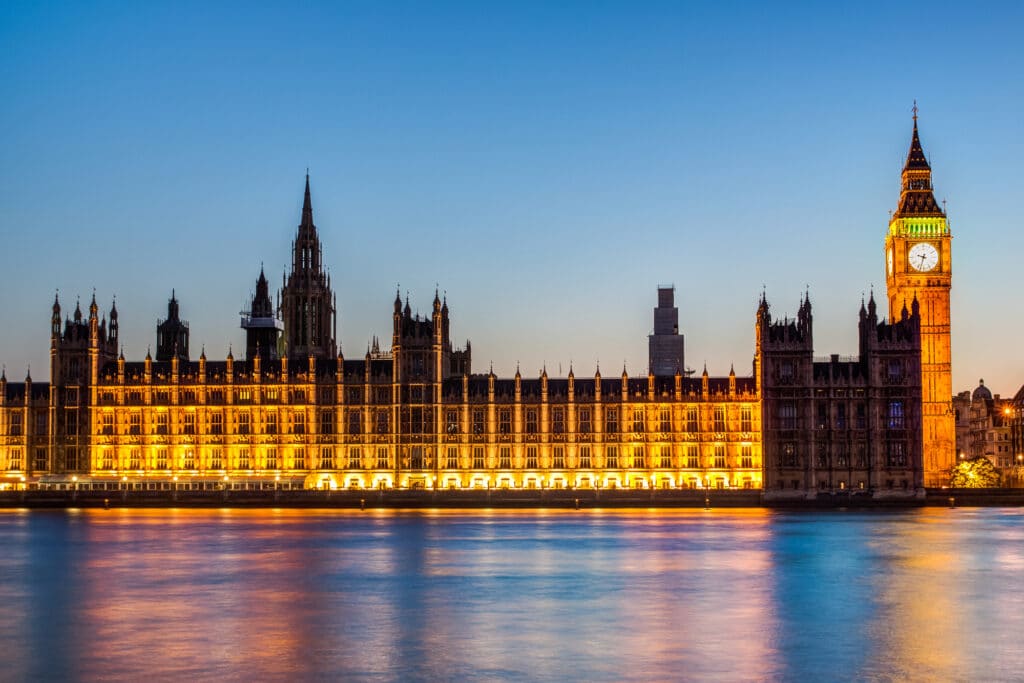Deglobalisation: is it driving a new wave of corruption?
Business Ethics Debates | read time: 5 min
Published: 9 December 2022

Andrew Feinstein, Executive Director at Shadow World Investigations opened the debate with his analysis of the key factors contributing to the current changing patterns in global trade, notably:
- changing attitudes to doing business in China,
- the war in Ukraine, the impact of sanctions and companies leaving Russia
- Brexit, the reduction of trade with the EU and increased regulation and barriers
- Covid, on-going restrictions in some countries, notably China, as well as significant impact on travel
- the rise in protectionism and nationalist sentiment leading countries to try to change investment and trade patterns to favour home markets
Overall these factors are leading to changes for companies as supply-chains are reorganised and this is increasing corruption risk. Andrew also noted the increased risks related to public procurement during the Covid period and the state capture and corruption in South Africa that has dragged in many famous western companies.
Warning of the dangers of state capture, Andrew summarised the corruption of the Zuma regime which resulted in one third of South Africa’s GDP being stolen every year for eight years. Under Zuma several of the highest offices of state in South Africa were ‘captured’ for the personal benefit of the officers themselves, syphoning millions of rand into the hands of certain individuals while unemployment soared and tax revenues plummeted. The structures that were in place that would have allowed scrutiny and oversight were systematically dismantled with the advice and support of global accounting and consulting firms.
Andrew argued that individuals and businesses have a choice; close your eyes or acknowledge what is happening and re-commit to a strong stance against corruption.
The debate went on to explore deglobalisation and disruption and whether or not it is increasing the risks of corruption.
Summary of the key points raised:
- The power of legislation: Laws such as the UK Bribery Act and Sapin II have helped raise awareness of bribery risks enabling companies to prioritise investment in adequate procedures to prevent corruption. This imperative has helped many organisations embed a zero-tolerance approach to corruption which, where successful, can help lower the risk of corruption occurring.
- Culture and compliance: Organisations with a clear tone from the top, committed to ensuring the right behaviours are properly embedded, can successfully avoid corruption. Effective ethics and compliance teams emphasise why this is the right thing to do, but it is clear that the business case can be hard to make. There is perception in some organisations that ethics and compliance teams are promoting procedures and controls that feel burdensome and unnecessary. Therefore we need to focus on smart ethics and compliance programmes that really work and that are efficient and easy to follow. This extends beyond corruption to other business ethics areas such as human rights, worker welfare and data protection. In all these areas there is increasing pressure on businesses to do the right thing, but a challenge to make sure that procedures and controls are efficient and smart and not over-burdensome.
- Impact of remote working: Two contrasting side effects were highlighted. On the one hand, shifting to remote patterns of working has resulted in fewer interactions with officials and as a result, a fall in the demand for facilitation payments. On the negative side, the shift online has increased corruption risks in many ways. The risk of cyber-attacks has clearly increased. Remote working can also make it harder to build the type of strong corporate culture that supports responsible business behaviour. Ethics, Compliance and HR teams will need to work together to identify the best hybrid approach for their organisations.
- Cooperation between regulators: While many countries may be taking a more inward-looking nationalist approach, prosecutors have demonstrated that cross-border cooperation between regulators can bring about successful prosecutions, with Airbus and Glencore showing how prosecutors are working more internationally. However, it was also noted that while the SFO has had some successes in recent years, it has also been beset by high-profile problems. Where prosecution cases are seen to fail it can send corruption prevention into reverse as efforts to embed adequate procedure may be deprioritised.
- Global uncertainty exacerbating the risk of corruption: At the macro level, events in Ukraine have been a significant wake-up call. The global turbulence caused by recent geopolitical events is having an impact on businesses and the way they operate. Businesses need to be thinking ‘what next’ and scenario planning accordingly. This means developing the agility to respond quickly and adapt controls to protect their organisations from increased risks. This extends to awareness of changes in government in a number of countries with a notable rise in governments that are more populist, lax in attitudes to corruption and governance and therefore higher risk for ethics and compliance professionals.
Those with strong cultures in place are likely to be more resilient to any increased risk of misconduct. However, at the micro level, care needs to be taken to avoid groupthink which can lead to complacency. Problems can easily arise if teams assume that expectations of behaviour are so well-understood that they stop checking in the belief that everyone is doing the right thing.
- Cost pressures and profit margins: Multiple factors have led to a rapid increase in operational costs, which, together with the need to recoup profits post Covid could result in decision-making and/or aggressive behaviour that increases the risk of corruption. Compliance teams need to reinforce the messaging around expectations of behaviour and the long-term damage to the business from corruption.
- Managing growth and change: When happening at speed, growth and change bring added pressures to businesses, particularly where a growing pool of suppliers and resources needs to be come on board quickly. Industry initiatives to provide checks and help set standards, particularly in high-risk sectors, would be helpful and welcome. E-commerce and digital platforms were also identified as potential problem areas for increased corruption, with controls needed that are appropriate to these rapidly developing technologies.
- No substitute for boots on the ground: Problems with the effectiveness of remote monitoring were highlighted. Questionnaires on their own are not enough. To have a real feel for what is going on, ethics and compliance teams need to be on the ground. However, this need is increasingly competing with both environmental and cost pressures, with some suggesting that assessments were needed to assess and prioritise the highest risk areas where face-to-face monitoring is required to ensure that corruption risks are properly mitigated.
The GoodCorporation view: As businesses adapt to ongoing global disruption and subsequent emerging risks, new hybrid solutions for monitoring ethics and compliance programmes are crucial. While many would agree it is hard to be effective without conducting in-person checks, this may not always be possible and alternative approaches will be needed. For example, ethics and compliance teams can use virtual meetings to increase their presence internally, facilitating more regular contacts with colleagues worldwide. This can also build ownership and shared accountability if local ethics and compliance champions are identified, trained and empowered to conduct monitoring activities, in person, in their different locations. Ethics and compliance teams should also work with colleagues across different business functions to understand the scope of the data collected and identify the data points that could be indicators of wrongful transactions or activities and ensure that these are carefully monitored. Building new approaches and additional checks into the business will enable ethics and compliance teams to map corruption risks effectively and prioritise their own on-the-ground checks.
A number of our clients are using the period after the Covid crisis to reset values and to launch new codes of conduct. In part, this is in response to hybrid working and in some cases in response to specific problems encountered by the deglobalisation challenges. A new code of conduct is an excellent way for ethics and compliance teams to re-set, engage colleagues and focus efforts on reinforcing corporate values and expected behaviours.
work with us
